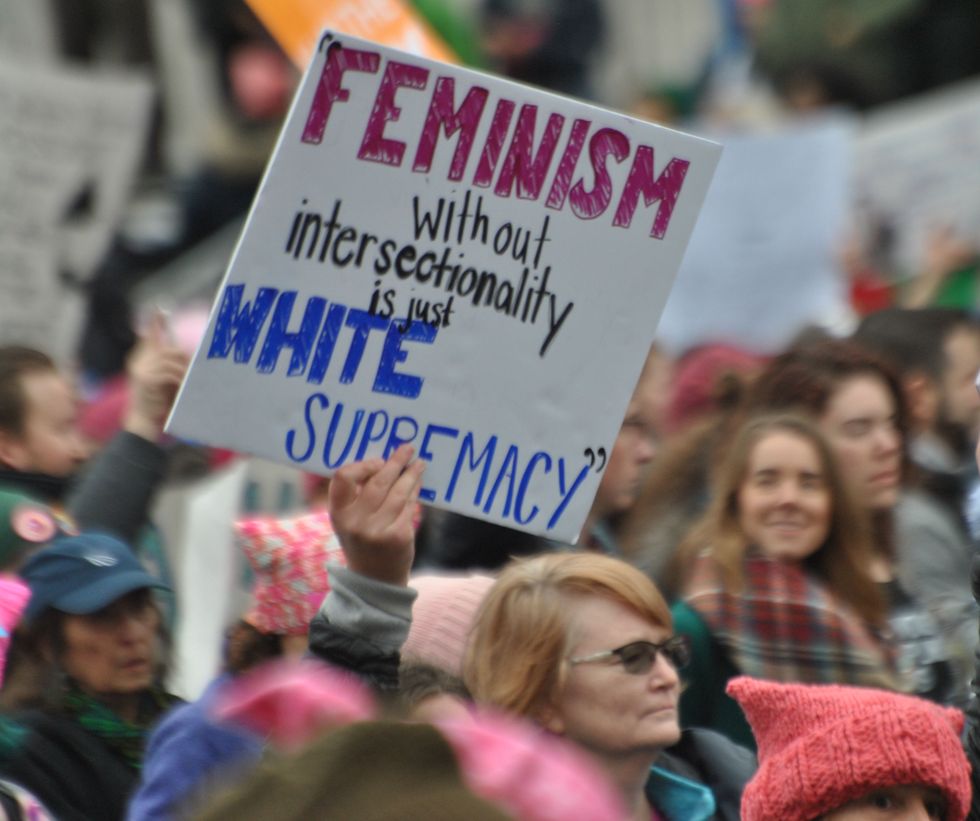In 1848, a revolution was started by a young housewife by the name of Elizabeth Cady and her friends. While sitting around and drinking tea, the women expressed deep dissatisfaction with the limitations placed upon them as women. That conversation gave life to the Woman's Rights Movement that lasted until 1998 and has inspired contemporary movements by women to demand equal footing with men. We are living in the legacy of five revolutionary women that met over tea. But, much like during the tea meeting of 1848 – women of color are often excluded from these conversations.
In contemporary contexts, narratives about white supremacy have been shaped by the overwhelmingly masculine lens, ignoring the agency and participation of white women in perpetuating white supremacy and legalized segregation. Even in fighting for the rights of women (seemingly as a whole), some influential figures managed to sustain white supremacy at local and national levels.
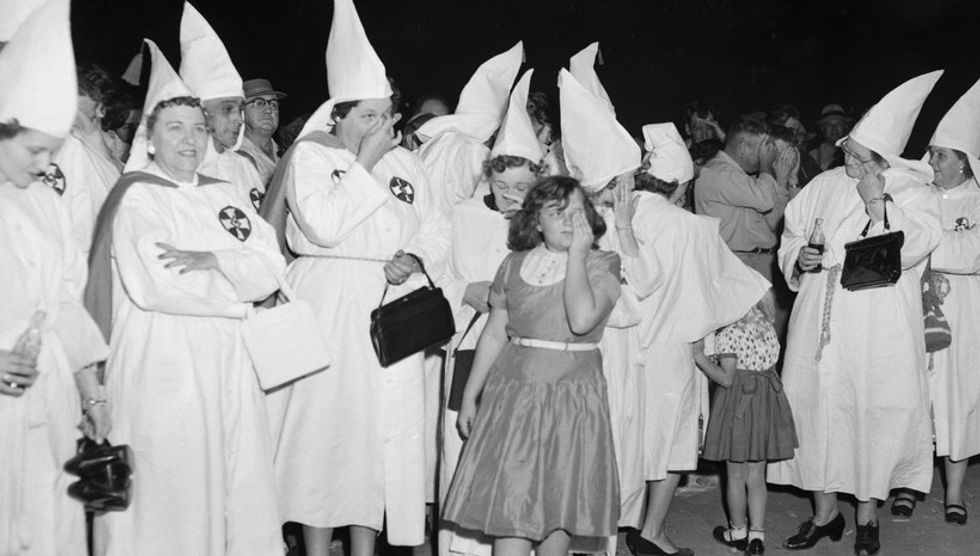
During the 2016 election between Hilary Clinton and Donald Trump, many women swarmed to the graves of Susan B. Anthony and her white peers, including Elizabeth Cady Stanton and Carrie Chapman Catt, who were instrumental in securing voting rights for white women in 1920. While these figures were instrumental to the woman's suffrage movement, they were known to leave black women out of the narrative. Susan B. Anthony famously stated, “I will cut off this right arm of mine before I will ever work or demand the ballot for the Negro and not the woman" after the ratification of the 15th Amendment, securing voting rights for men of all races. Anna Howard Shaw, president of the National Women Suffrage Association, commented that “[Congress has] put the ballot in the hands of black men, thus making them political superiors of white women. Never before in the history of the world have men made former slaves the political masters of their former mistresses!" The suffragist Carrie Chapman Catt in the early 20th century argued for women's voting rights in Southern states on the basis that “white supremacy will be strengthened, not weakened, by white women's suffrage."
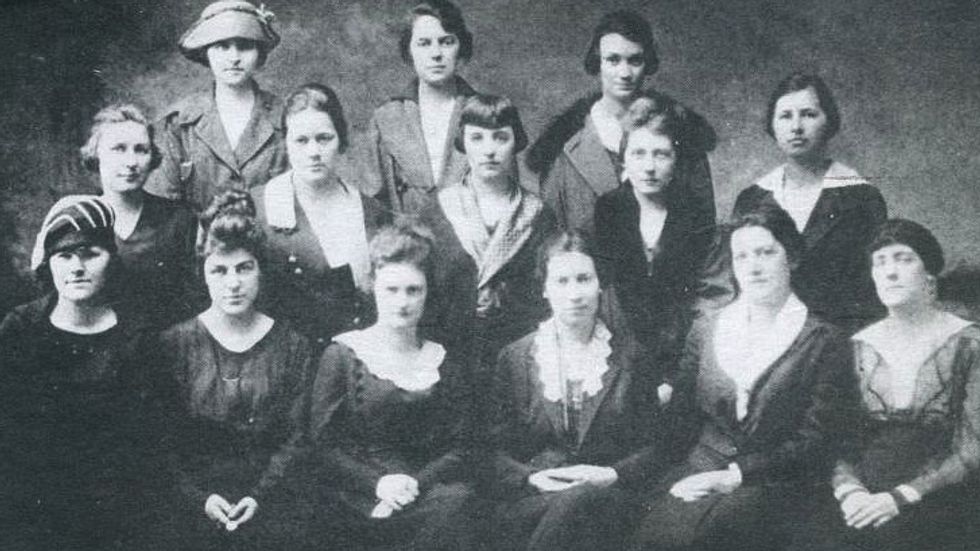
Even more telling is the fact that the 1920s marked the emergence of the Women of the Klu Klux Klan out of a climate of hopefulness when women felt emboldened to take part in civic life. Composed of school teachers, midwives, social workers, as well as a wealth of other professions, white women shaped the way segregation, white supremacy and ideas about racial identity were knitted into the fabric of their communities.
According to Kathleen Blee in “Women of the Klan", if the WKKK was more successful in advancing their xenophobic agenda, it was because they were better than the men's group at hiding their white supremacist mission behind a facade of social welfare. “Are you interested in the Welfare of our Nation? Should we not interest ourselves in better education for our children?" their pamphlets read. And, as the 1920s came to a close, there was no doubt that the women continued to spread their ideologies into other forms of civic engagement, such as school boards and local and national politics.
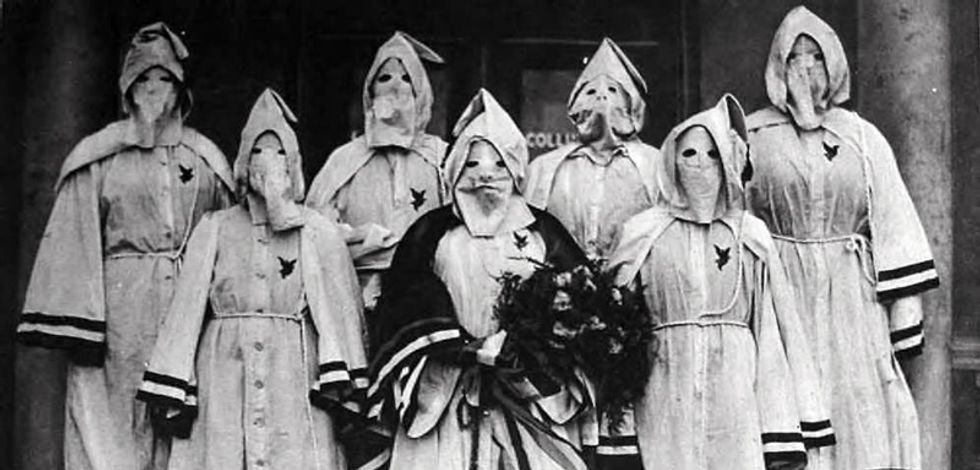
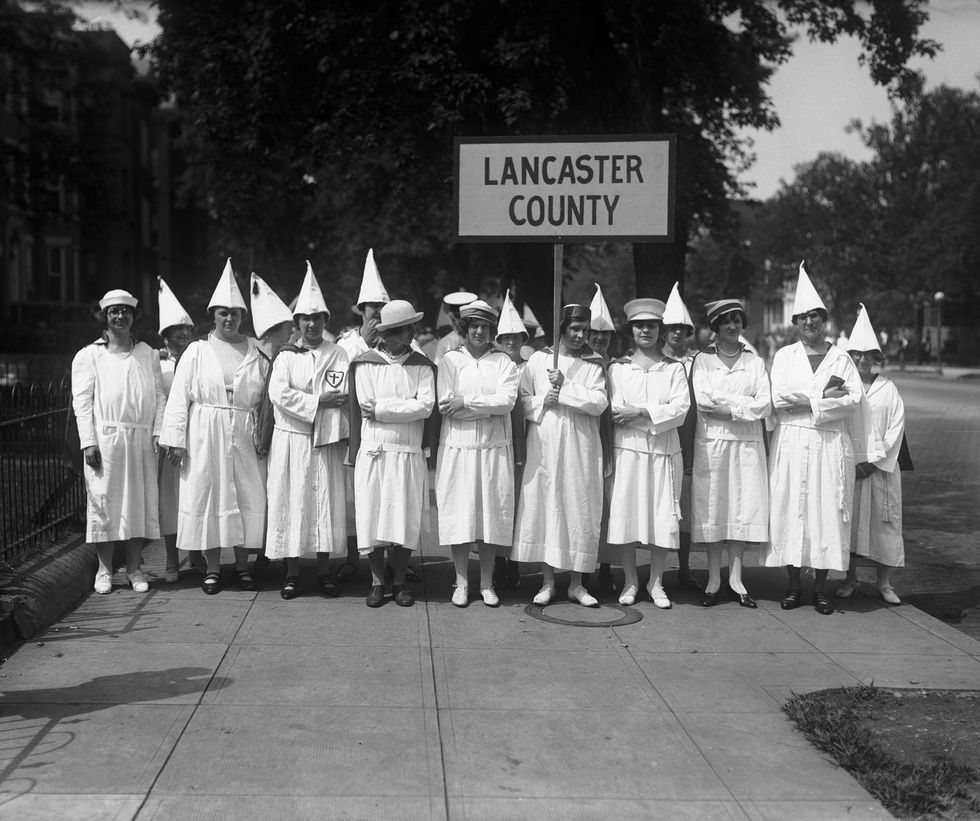
I'd like to argue that it's because, historically, black womanhood was seen as an oxymoron. With the construction of the southern white woman came the illustration of her polar opposite; the black woman. While the victorian/colonial standard of true womanhood for white women included ideals surrounding chastity, black women were stereotyped as the exact opposite: seductive, alluring, lewd, and even predatory.
These are not characteristics of what women were thought to be and immediately kept the black women in a position of other-ness. Also, racism and white supremacy benefit white women in ways that override their dedication to any form of solidarity with people of color. Black women were excluded in discourse surrounding race and symbolic “sisterhoods." Because of their invisibility and neglect in the woman's movements of their time, black women looked to organizations, activists, and schools that took their consideration to heart.

